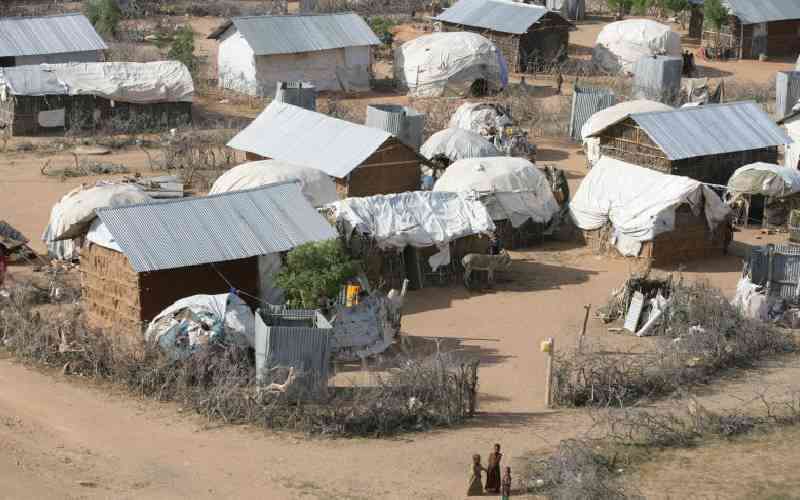×
The Standard e-Paper
Stay Informed, Even Offline

Parliament has been told that the government does not have data on the exact number of refugees in the country despite complaints that they are benefitting more than the host communities.
This was revealed during a forum organised by the National Assembly Regional Development Committee bringing together stakeholders from the Ministries of Interior and Lands, Refugee Consortium of Kenya, the World Food Programme and Kenya National Commission on Human Rights.